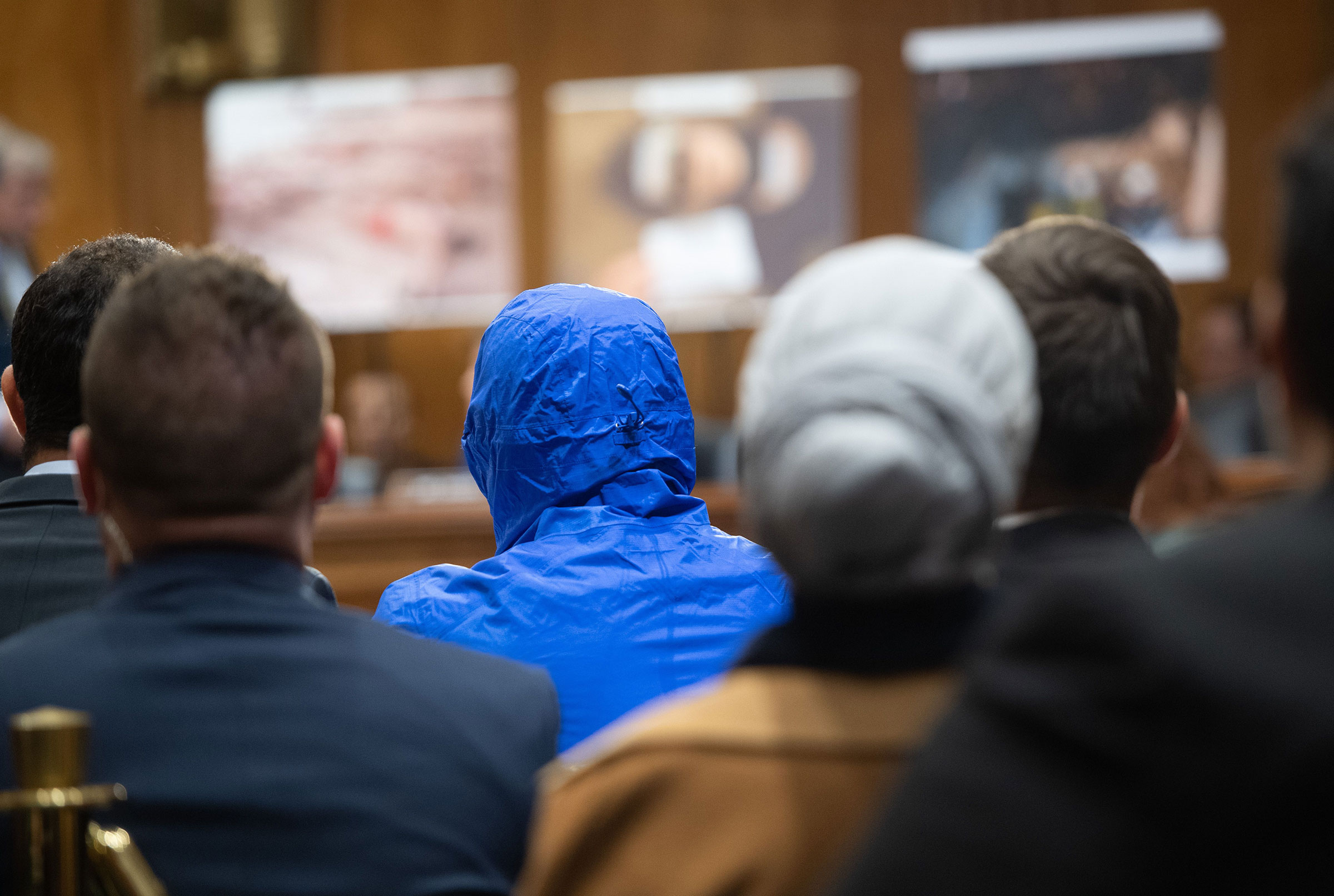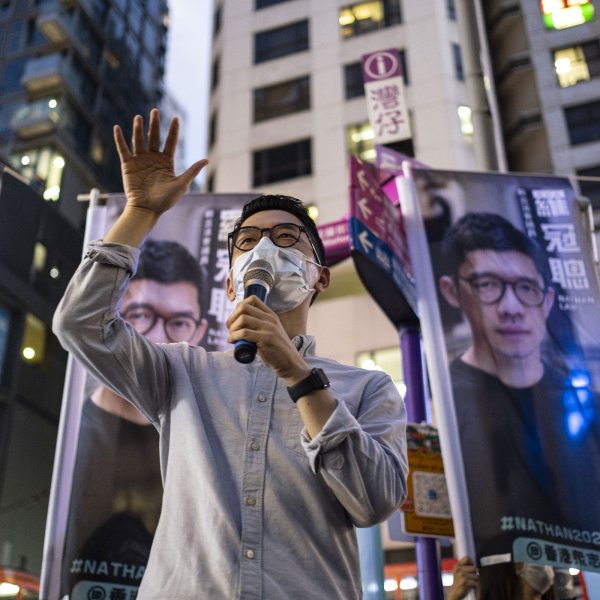In one of 53,275 photographs taken by Caesar, the pseudonym of a former Syrian government forensic photographer, at least two dozen emaciated bodies are shown laid out in the garage of military hospital No. 601 in Mezze, Damascus. Hip bones and rib cages protrude from the sea of mostly naked men. From 2011 to 2013, Caesar focused his viewfinder on the bodies of people who died from unfathomable torture, starvation and imprisonment.
Then, he took a great risk: Caesar made copies of his images documenting the war crimes of Syrian President Bashar Assad and his regime, and had them smuggled out of the country. He could have been detained, tortured and executed. But his extraordinary courage stemmed ultimately from his integrity and his belief in the power of photography as evidence. Caesar’s photographs are the most concrete proof of crimes against humanity by the Assad regime to date.
The images, coupled with his brave testimony on Capitol Hill, led to the passage of the 2019 Caesar Syria Civilian Protection Act, which sanctions the Assad government and anyone doing business with it, because of its war crimes. Caesar’s selfless courage helped the international community take a much needed step toward holding the Assad regime accountable for killing its own people with impunity.
Addario is a Pulitzer Prize-winning photojournalist
- Cybersecurity Experts Are Sounding the Alarm on DOGE
- Meet the 2025 Women of the Year
- The Harsh Truth About Disability Inclusion
- Why Do More Young Adults Have Cancer?
- Colman Domingo Leads With Radical Love
- How to Get Better at Doing Things Alone
- Michelle Zauner Stares Down the Darkness






